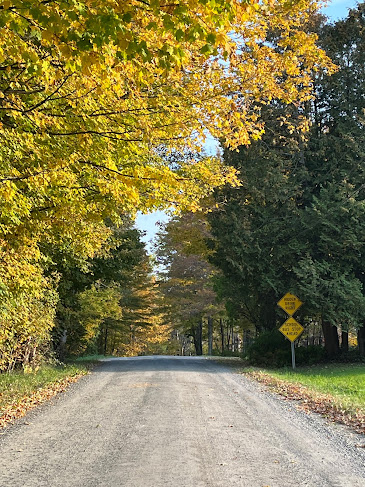Yesterday I spent an important hour with a "poet of war," encouraging more writing, trying to hold some doors open. I hadn't thought of this person with such a category until I got there and began to listen (in person), and then it seemed so clear that I was surprised I hadn't found the term before.
Of course there are many who've written from their war experiences. The one that brought me reality (instead of lines of warnings and mourning) was Brian Turner. Here's the cover of his first collection. He's released three new books this year, all very different from where he'd started, with a richness of music to them. I hope you'll drop in and visit his website.
A bit of one of his poems: "A murder of crows looks on in silence / from the eucalyptus trees above / as we stand over the bodies." Or from another, where a woman at a distance is hanging laundry: "She is dressing the dead, clothing them / as they wait in silence, the pigeons circling / as fumestacks billow a noxious black smoke. / She is welcoming them back to the dry earth, / giving them dresses in tangerine and teal, / woven cotton shirts died blue."
And thinking of those two together -- one local, not-yet-very-published poet, and the nationally and even globally recognized author -- led me to writing my own poem for the moment. There is indeed very gray and cold weather in northeastern Vermont today, with winter (its trials and delights) marching toward us, unstoppable, unbearable at times unless you hold onto love.
Thoughts on Another Veterans Day
This is the same wind-tossed gray sky that held in place
at childhood Easter mornings—resurrection arrives small,
one crocus at a time, one purple pod of potential
determined to unfold in any scraps of sun.
Now I hesitate on the other side of the year
aware that every small snowfall, every frigid silent night
warns of what’s ahead: Those in shabby housing press
plastic over the windows and grieve the cost of oil.
In town, the courthouse flag flaps wildly. Solemn words,
uniforms, a prayer. At the entrance to the grocery store
an old friend sits at a modest table, resting his knees
while reaching out with red paper poppies. Take one.
Veterans I have known: An angry man whose letters to
the editor poked like porcupine quills from his raw scraped
skin. A doctor who scrubs her hands too much. Young
relative,
prospering, riding between wild lands and profit.
My father, who taught us Navy knots. Mom’s father,
arranging his kitchen for baking bread, typing out
the detailed recipes, mailing them across the ocean.
“Z,” moving up the ranks, her friends lifting a glass.
The closer they are, the more personal their survival.
But understanding? For that, I lean on words, which means
that man in the middle distance (who hid his poetry notebook
when leading into battle), pulling me beyond
the cost of winter. His reality: first a pause to smile
at children in a desert land; to admire a woman at a well;
to press the love he’d hand-nourished, into another man’s
wounds; strike with a fist his own heart, for the sake of
honesty. Which is not at all like a textbook, after all.
Because it bleeds, forms a scar, resists hard rain.
-- BK

































